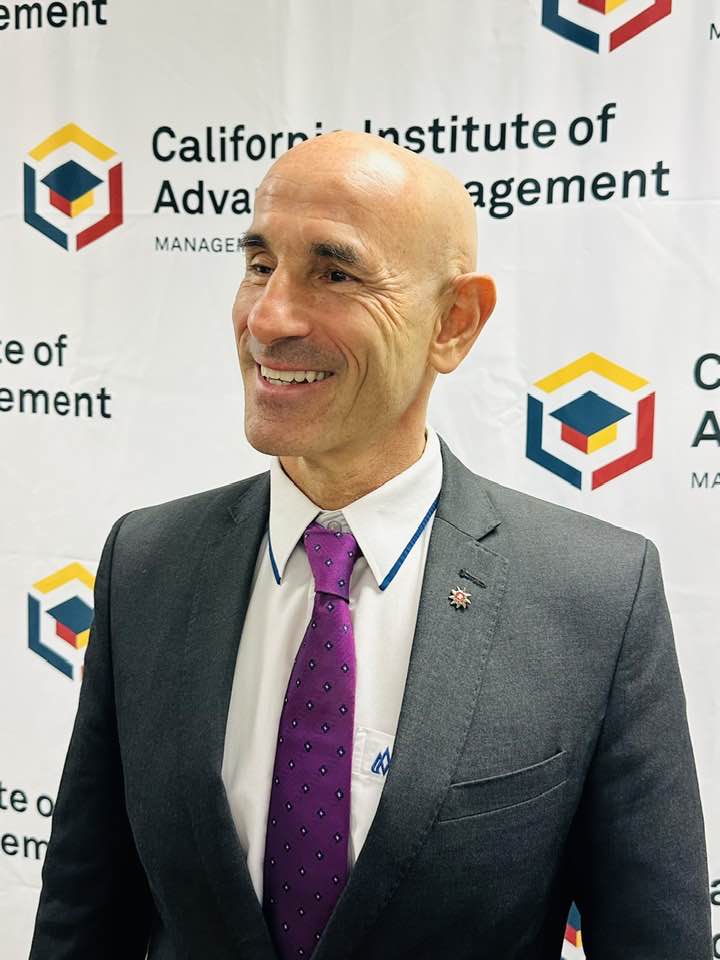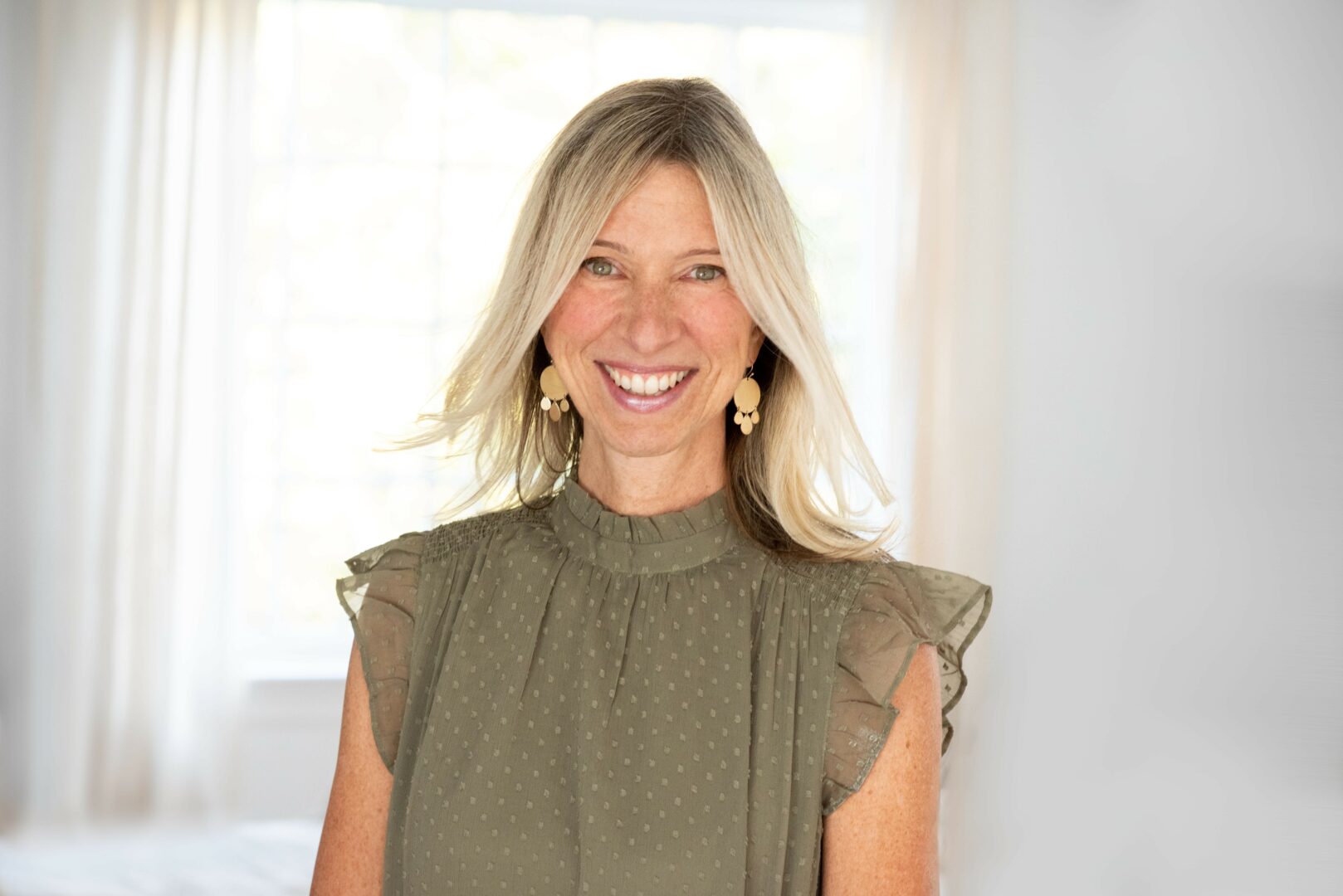We recently connected with Franco Gandolfi and have shared our conversation below.
Franco, thank you so much for joining us. You are such a positive person and it’s something we really admire and so we wanted to start by asking you where you think your optimism comes from?
“My optimism comes from my work with people — students, colleagues, and leaders across the globe. Time and again, I’ve seen the extraordinary potential that individuals and organizations can unlock when they are given the right guidance and opportunities. For me, optimism is not blind positivity; it is a disciplined conviction that progress is always possible. I view it as a core leadership responsibility to focus on possibilities rather than limitations. This perspective is deeply aligned with Peter Drucker’s philosophy that the task of leadership is to lift a person’s vision to higher sights, to raise their performance to a higher standard, and to build their personality beyond its normal limitations. That belief — in the transformative capacity of people and institutions — is what sustains my optimism and shapes my leadership approach.”
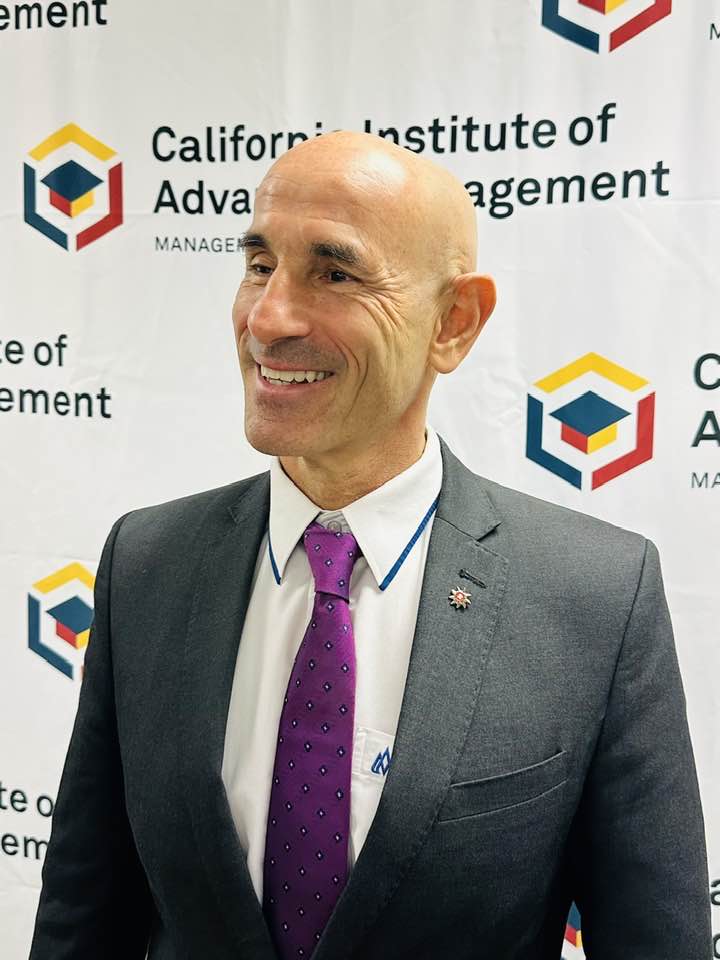
Thanks for sharing that. So, before we get any further into our conversation, can you tell our readers a bit about yourself and what you’re working on?
“I am a professor, consultant, and author with a deep passion for leadership and human capacity development. Over the past three decades, I’ve had the privilege of working and living on nearly every continent — from Switzerland and Australia to the U.S., the Middle East, Asia, and Oceania. Today, I serve as Distinguished Professor of Management at the California Institute of Advanced Management in Los Angeles, where we integrate Peter Drucker’s philosophy of management into our Master-level programs. What excites me most is helping people and institutions unlock their full potential. Whether it’s through teaching students, mentoring leaders, or advising universities, the joy comes from witnessing transformation — when individuals rise to a higher level of performance or when organizations align their mission with meaningful impact. Currently, I’m engaged in several new projects that I find energizing. I’m co-authoring and co-editing two books on leadership, including one focused on guiding high school and undergraduate students, and another examining authentic leadership — a subject that has become central to my research. At the heart of my work is the belief that leadership is about responsibility and service. I want my brand to be synonymous with impact — developing people, strengthening institutions, and leaving behind sustainable outcomes that matter.”
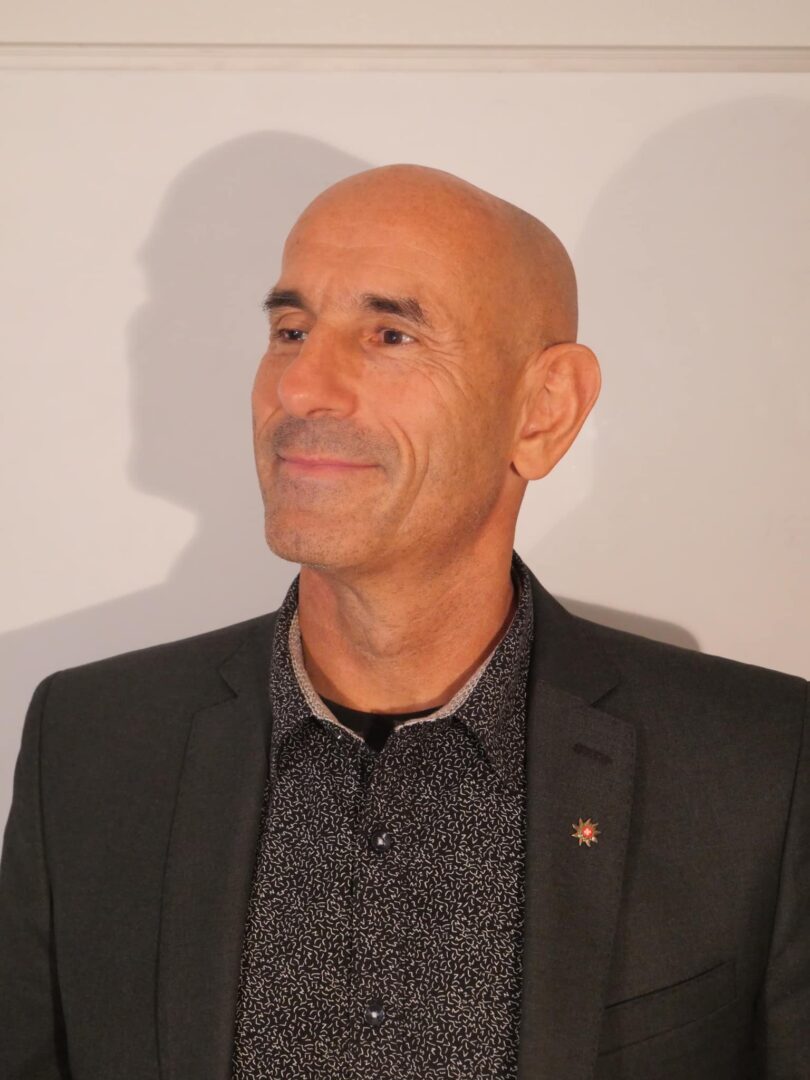
If you had to pick three qualities that are most important to develop, which three would you say matter most?
The first is adaptability. Having lived and worked across Europe, Asia, the Middle East, and the U.S., I quickly learned that leadership is always contextual. What works in Switzerland may not work in Malaysia or California. The ability to listen, observe, and adapt to different cultural and organizational environments has been invaluable. My advice to those early in their journey is: place yourself in diverse situations, even uncomfortable ones. Growth comes from learning to navigate difference.
The second is lifelong learning. I’ve always believed, echoing Peter Drucker, that we must ‘learn for a lifetime’ to remain effective. From earning advanced degrees to constantly reading, writing, and engaging with new ideas, continuous learning has kept me relevant and energized. For younger professionals, I would say: invest in curiosity. Read broadly, seek mentors, and never stop asking questions.
The third is resilience with optimism. Leadership and scholarship are full of setbacks, whether it’s a failed initiative, institutional resistance, or even toxic environments. What sustained me was the conviction that challenges are temporary and that progress is possible if you remain persistent and solution-focused. My advice here is simple: cultivate resilience like a muscle. Learn to reframe obstacles as opportunities, and never let temporary difficulties define your trajectory.
If you can build adaptability, lifelong learning, and resilient optimism, you will not only succeed in your career but also create a positive, lasting impact on the people and institutions you serve.”
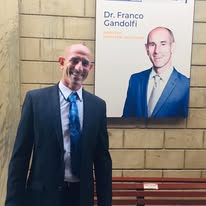
If you knew you only had a decade of life left, how would you spend that decade?
“If I only had a decade left, I would devote it to the things that matter most — people, impact, and legacy. I would pour my energy into mentoring young leaders and scholars, because shaping the next generation is the most enduring contribution we can make. I would finish the books and projects that carry the ideas I care deeply about — especially around responsible and servant leadership — so that those lessons live on long after me. And on a personal level, I would cherish time with my family, create unforgettable memories with them, and continue exploring the world together. To me, leadership has always been about service and responsibility, and I would want my final years to reflect that — a life lived with purpose, gratitude, and impact.”
Contact Info:
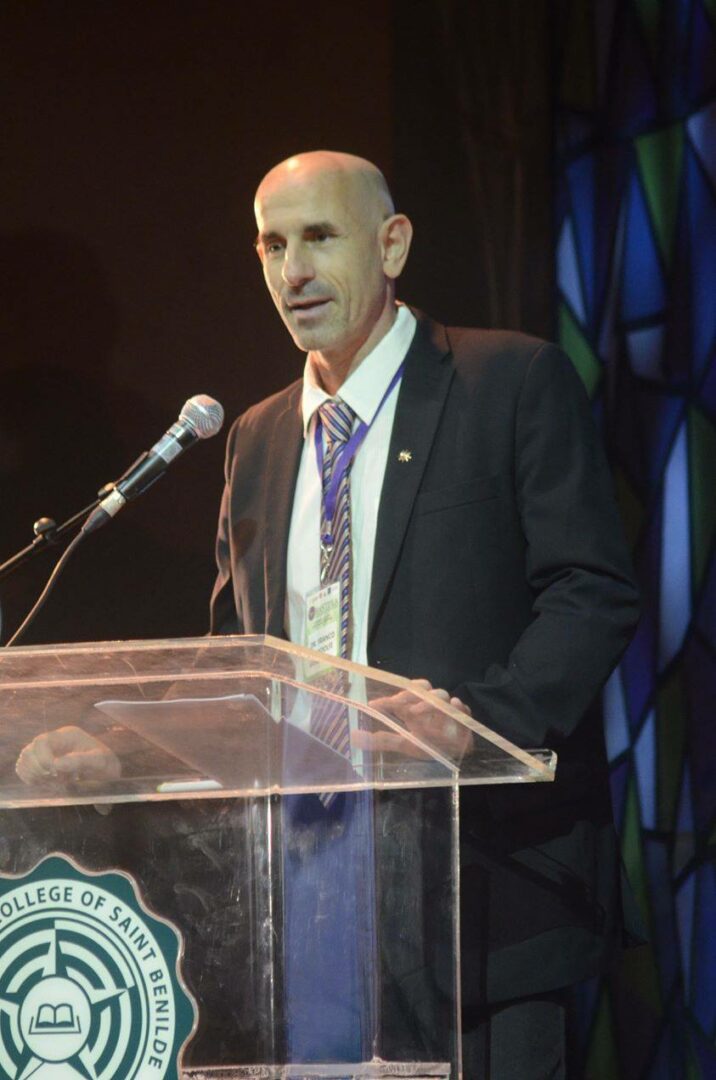
so if you or someone you know deserves recognition please let us know here.

